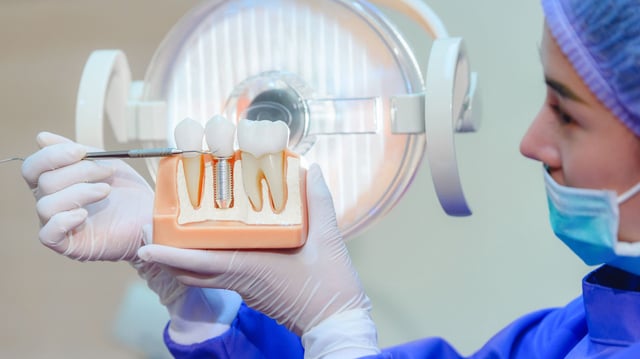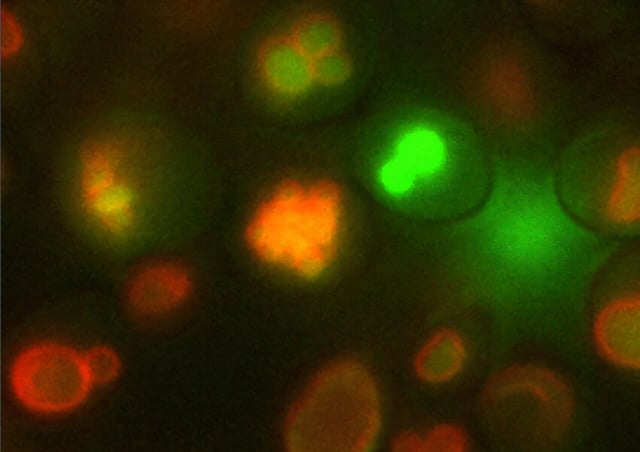Overview
- Osteoyeast, a Saccharomyces boulardii strain engineered to mimic osteoblasts, yields hydroxyapatite from urine at up to one gram per kilogram.
- Techno-economic modeling indicates production costs of about $19 per kilogram against potential market prices of $50 to $200, enabling profits exceeding $1 million annually for a city-scale facility.
- The process recovers phosphorus and ammonia from wastewater streams, easing pollutant loads and lowering energy demands for treatment plants.
- Hydroxyapatite produced is high-quality and biocompatible, suitable for medical implants and as a renewable alternative to plastics and construction materials.
- The patented platform is now available for licensing with researchers exploring new yeast strains to sustainably produce other biobased materials.

